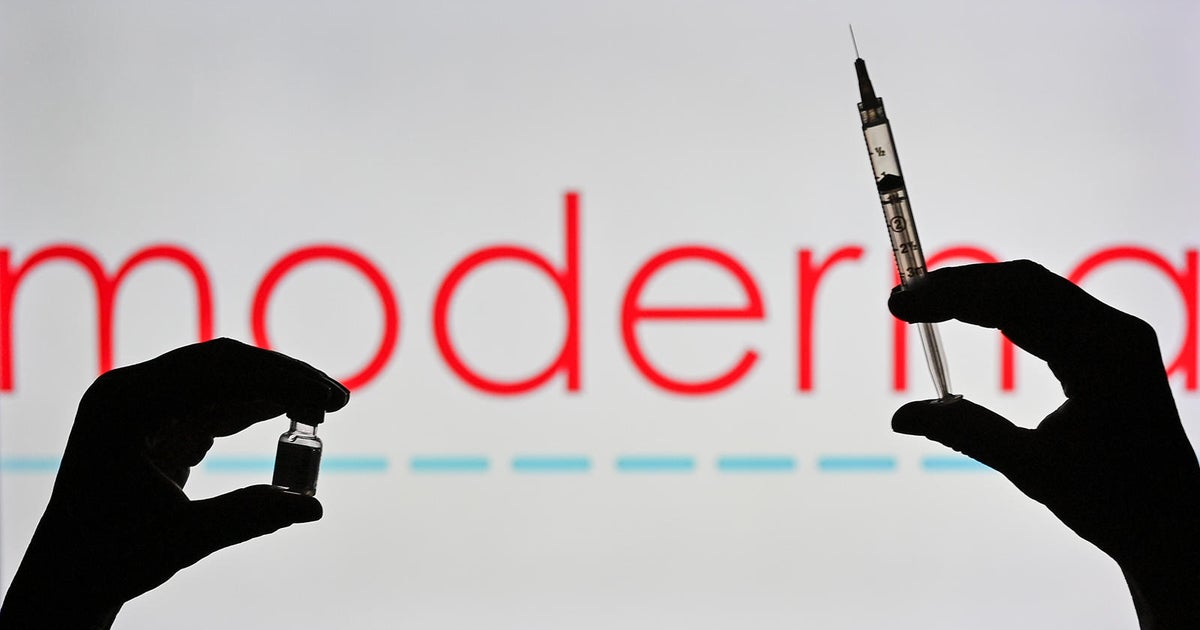Keep kids safe from germs at the doctor’s office
Cold and flu season is officially upon us, and while kids can pick up germs anywhere from the school bus to the classroom to the playground, there's one place you might not think to take extra precautions but should: the doctor's office.
Now, a leading group of pediatricians is offering updated advice on the best ways to help little ones avoid exposure when they visit a place where so many others may be sniffling and sneezing.
The American Academy of Pediatrics (AAP) is urging doctors to take steps to stop the spread of germs in their practices. They say infection control at doctor's offices and other outpatient facilities should be just as strict as in hospitals.
According to the recommendations released Monday, waiting rooms should be equipped with alcohol-based hand sanitizers and masks, which experts say parents should take advantage of, especially if their child is sick.
"Wash hands often and use hand sanitizer after anyone touches their face, wipes nose, coughs on hands or uses the bathroom," Dr. Kelly Orringer, M.D., director of general pediatrics at University of Michigan C.S. Mott Children's Hospital, told CBS News. "Parents need to do this after caring for their sick child as well." Orringer was not involved in the AAP report.
Doctors should also encourage proper cough and sneeze etiquette, which includes covering your nose and mouth with the inside of your elbow rather than your hands. That not only keeps germy droplets from traveling through the air, it also helps avoid the transfer of germs from hands to frequently touched surfaces like doorknobs, where others are likely to pick them up.
Experts urge parents to take additional precautions for newborns and infants.
"If your child is young and not yet fully vaccinated, try to limit what they touch in the office, especially the waiting room. Staff clean furniture, books and items regularly but germs can spread on surfaces and you don't know who was there before you," Orringer said.
She recommends keeping infants and small toddlers in a stroller until you enter the exam room. Parents should also bring their own toys to entertain children and avoid communal stuffed animals at all costs.
"The fabric on these toys holds onto viruses and bacteria for hours," Orringer said. "They can't be cleaned between visits so one sick child playing with a stuffed toy could potentially spread illness to many others using that toy later in the day."
The AAP advises doctors not to keep plush toys like stuffed animals in their offices.
Finally, the report recommends requiring medical office staff to get immunized against the flu and other vaccine-preventable infections including pertussis (whooping cough), measles, mumps, rubella, chicken pox, and hepatitis B.
And of course, experts note that now is the time to get your flu shot, as well, as haven't done so already. According to the CDC, everyone 6 months of age and older should get the flu vaccine every year.



